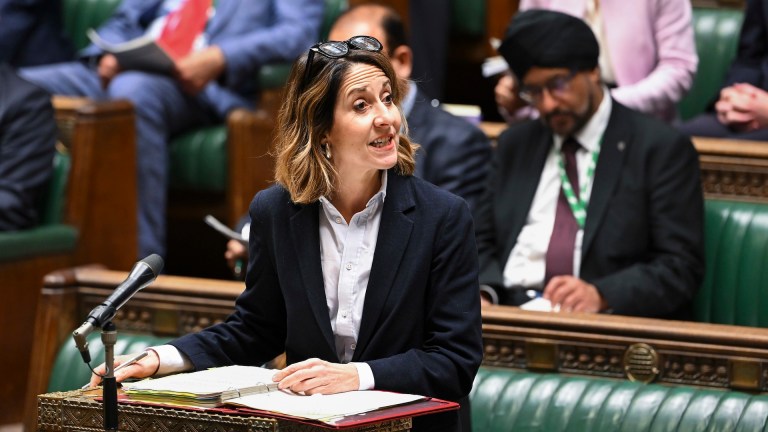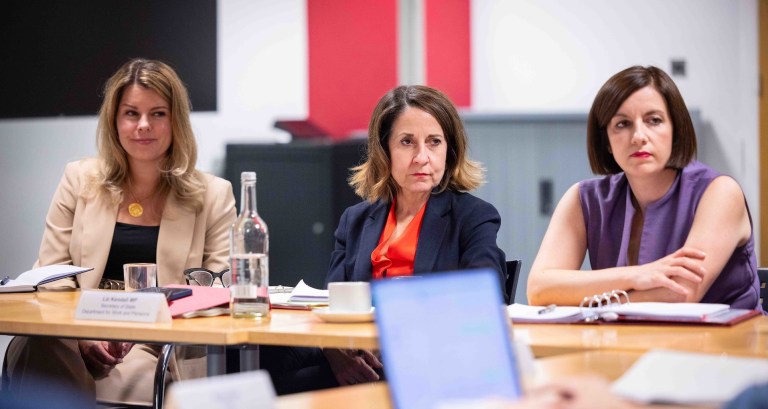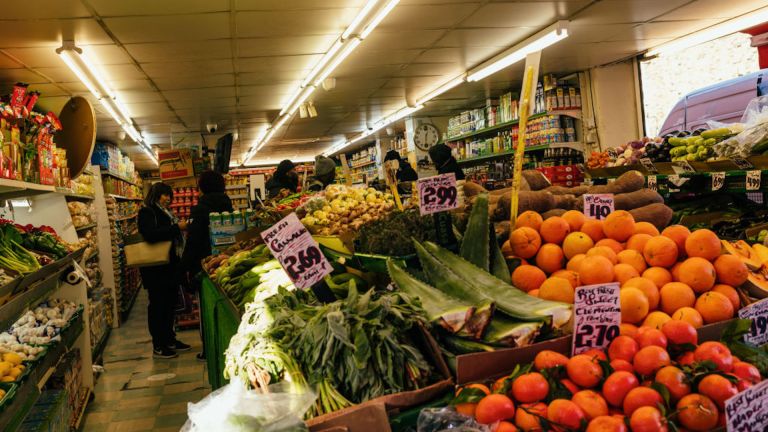This year the awareness day is six days later than in 2019 with the mean pay gap for all employees – not just those working full-time – at 14.6 per cent this year, down from 16.3 per cent, according to Fawcett Society calculations. The charity has said that the full picture will not be complete until 2021, however, as the pandemic has distorted data. The Office for National Statistics reports that the pay gap among all employees fell to 15.5 per cent from 17.4 per cent in 2019.
The coronavirus crisis has already changed work patterns for working mums. Over a third of mothers have lost work or hours due to lack of childcare, according to Fawcett Society research, but fathers have spent twice as much time caring for their children.
Promoting flexible working and equal sharing of care in the home would create more equal opportunities in work, the campaigners say. They also suggest it would reduce the gender pay gap and the motherhood penalty where women are seen as the ones who need to take time to look after kids.
The pandemic has laid bare the racial and structural inequalities as well as gender equality. As well as releasing the report, the Fawcett Society also unveiled a new Savanta ComRes survey that showed half of the working women quizzed from a BAME background are worried about their job or promotion prospects, compared to just 35 per cent of white men.
Smethers added: “We must recognise the racial and gender inequality that exists in the UK and how they intersect. This is why we need gender pay reporting by ethnicity.”
To avoid growing inequalities, the Fawcett Society is urging the government to give women the ‘Right to Know’ how much a man in the same position is paid while a bailout fund is also needed to ensure the childcare sector doesn’t collapse.
A Government Equalities Office spokesperson: “As we look to unite the country and recover from the pandemic it is key that companies embrace flexible working initiatives which have a positive impact on recruitment and the productivity of staff.”
Big Issue vendors need your help now more than ever. More than 1,000 vendors are out of work because of the second lockdown in England. They can’t sell the magazine and they can’t rely on the income they need.
The Big Issue is helping our vendors with supermarket vouchers and gift payments but we need your help to do that.
Please buy this week’s magazine from the online shop or take out a subscription to make sure we can continue to support our vendors over this difficult period. You can even link your subscription to your local vendor with our new online map.









